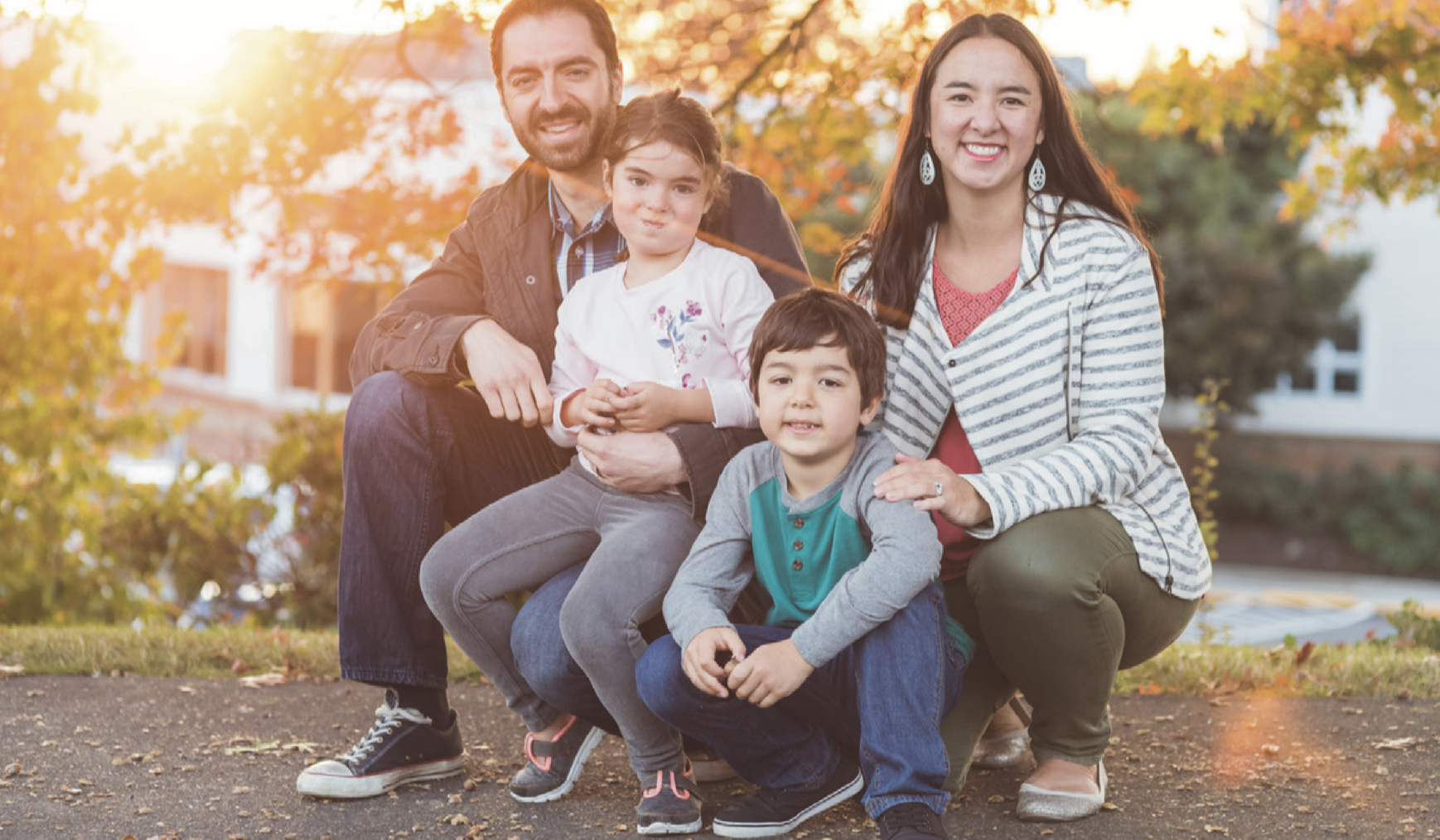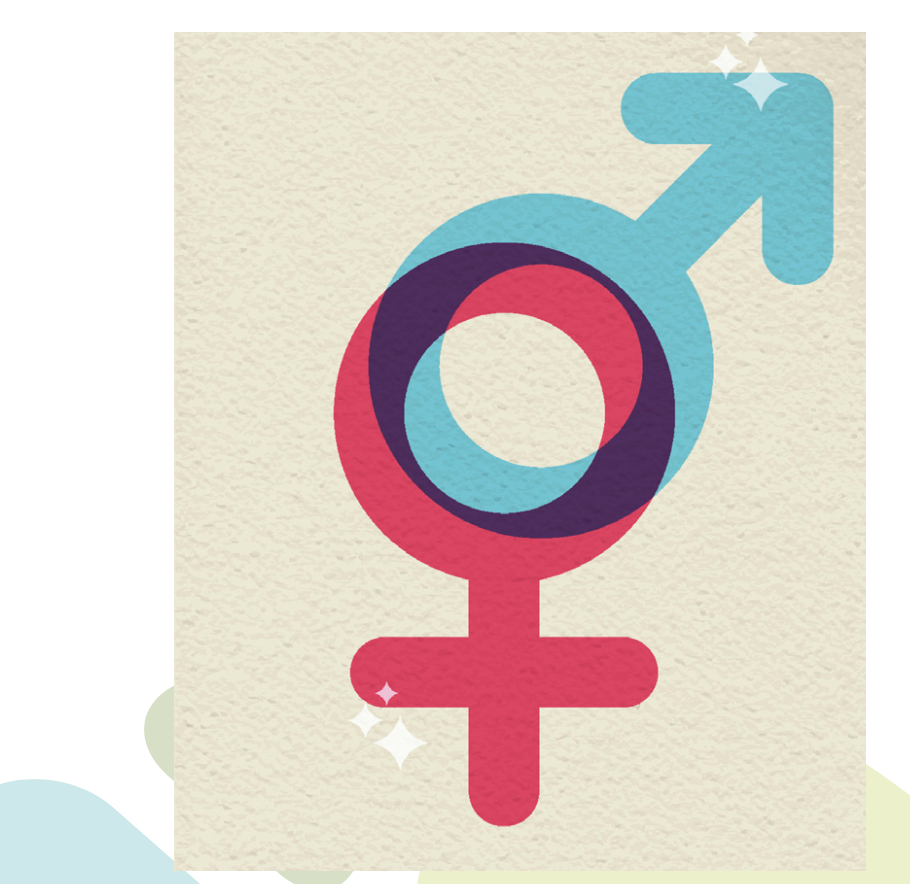Helping Your Children Cope With Divorce: Telling Your Kids

Helping Your Children Cope With Divorce: Telling Your Kids
Helping Your Children Cope With Divorce
The decision to divorce usually is achieved after intentional thought and careful consideration. While you may not have chosen to experience divorce, you do have a choice in the way you approach this crisis, especially with your children. Divorce is complicated and painful but be assured that you and your children can move forward. You can decide to be a good role model for your children and turn what could be a devastating experience into an opportunity for growth and a fulfilling future. This process begins with letting your children know about your intention to divorce.
Telling Your Kids
There are many feelings and concerns that children experience during separation and divorce. Some common emotions you will see include anger, fear, sadness, confusion, loneliness, and guilt. It helps for parents to think through what information children will need before announcing the divorce. They will have plenty of questions, and there are certain things that they need to hear from both parents.
Tell Them Together
It is critically important that both parents tell the children about the divorce. This is a critical step in demonstrating a united support system and can help as you work through custody and co-parenting. When parents tell children together about divorce, several things are more likely to happen. First, there will be less focus on a “bad person” or one of the parents being seen as “at fault,” so your child is less likely to feel pressure to take sides. Secondly, your children will see you demonstrating your ability to cooperate. Finally, approaching this discussion together will help your child adjust more readily to the situation.
Begin With Love
Once both of you are ready to have the discussion, prepare by using the strength of love. Let your children know that they are loved and will continue to be loved deeply by both parents. Though the marriage has ended, the family continues, just in a different structure. Assure them that they will be able to continue to love both parents equally and the same as before.
Give Them Perspective
Next, offer them perspective on the situation. They should know that the decision to divorce was carefully thought out and that significant effort went into trying to make the marriage work. While your feelings for one another have changed, the special bonds between you as parent and child have not. Let them know that specifics and logistics will be carefully considered and communicated to them throughout the process.
Answer Their Questions
Finally, be prepared to address their curiosity. They are going to have questions. Lots of questions. They just may not be ready to ask you right away. Where will we live? With whom? How will this affect school? What do I say to my friends? Be prepared to address all of the questions they have. Tell them the complex feelings they have are okay.
The ages of your children will significantly impact how they react to the news of your divorce and will require nuanced responses. Below you will find some age-appropriate responses to some common issues.
Infants (0-18 Months)
Your infants may be too young to understand what is happening, but it is still essential to be prepared to address any issues that may arise with your youngest children. Infants may experience changes in sleeping patterns, changes in eating habits, and difficulty when separating from mom or dad. Help them with these reactions by maintaining consistency in their care, environment, and routines. Whenever possible, build gradually towards any change in people they see regularly or shifts in their routines. Try never to fight in front of them and avoid displays of anger or emotional outbursts. Divorce is one of many Adverse Childhood Experiences (ACEs) that can long term effects on your child’s mental well-being. You know affection is critical to your baby’s development at this stage of their life, so make sure to continue providing plenty of physical attention and lots and lots of hugs. Want to learn more about what to expect from your baby and how to help them through your divorce? Click here to download some facts and tips from our experts.
Toddlers (18 Months-3 Years)
While toddlers may still be too young to really understand the deep emotions surrounding what is happening, they will be old enough to recognize a big change in their lives and will have big emotions to match. Toddlers may regress in sleeping, potty training, and eating. They may also become more clingy and attached to adults in their lives and security items like blankets or pacifiers. Address these reactions head-on with love. Make sure both of you are saying “I love you” to your child regularly. As with your younger children, consistency in routine and care is important as well. Want to learn more about what to expect from your toddler and how to help them through your divorce? Click here to download some facts and tips from our experts.
Preschoolers (3-5 Years)
The older your children are at the time of your divorce can increase the intensity of the emotional and behavioral reactions they are likely to have. Preschoolers who are just getting used to routines may demonstrate clingy behavior, especially during transition times to a caregiver, preschool, or going back and forth between mom and dad’s homes. They may show regression in developmental behaviors such as eating, sleeping, and talking. Some revert back to bedwetting. Kids at this age may also have a fear of abandonment or doubt that they are loved. Make sure that both parents reassure them that they are indeed loved! Provide affection and verbal reassurance. You can never say “I love you” too often. Try to maintain consistency in their routine when possible and provide clear explanations of changes in their life. Want to learn more about what to expect from your preschooler and how to help them through your divorce? Click here to download some facts and tips from our experts.
School Age (6-8 Years)
If your children are beginning school during your divorce, it is important to help them navigate two congruent milestones in their childhood. Children may have yearnings for the absent parent and may develop loyalty conflicts (they want to be loyal to both parents) or reconciliation fantasies (they strongly desire for their parents to get back together) that need to be addressed. These issues can lead to many strong emotions, including chronic sadness, grief, and even anger. This, of course, can lead to academic difficulties. Continue to have a “normal” relationship with your child. The consistency of their relationship with both parents can help alleviate some of these emotions. Encourage them to have social interactions with extended family members, teachers, and friends. Developing these relationships can build a support network for your child. Want to learn more about what to expect from your school-age children and how to help them through your divorce? Click here to download some facts and tips from our experts.
Pre-Teen (9-12 Years)
Pre-teens tend to view situations in extremes. They may have a feeling that someone is right and someone is wrong in the divorce. This can lead to feelings of anger or even guilt if they blame themselves. At this age, your child is becoming busier at school, may be involved in other activities, and maybe assuming more responsibilities at home, such as increased chores or caring for a sibling. The added stress of divorce may manifest itself physically and your child may begin to complain about headaches, stomach aches, or fatigue. Help your child by being fully present in the moments you have with them. Actively listen to them and acknowledge the feelings they express. Model positive behaviors by speaking positively to and about the other parent. Never use your child to communicate with the other parent or to obtain information about them. This avoids putting them in the middle of any conflict. Want to learn more about what to expect from your pre-teen children and how to help them through your divorce? Click here to download some facts and tips from our experts.
Adolescents (13-18 Years)
Parenting a teenager under the best of circumstances is very difficult. Adolescents have more resources to understand divorce because of their greater social and intellectual development. During this stage, teens’ focus changes from family to friends. While they may seem less involved with the family, they need parental support and guidance to launch them successfully into adulthood. You can expect more exaggerated emotions from your teen during a divorce. Their reactions can range from becoming distant and aloof to acting out through delinquency, sexual promiscuity, or substance abuse. Use your strength of honesty with your teenagers. Their old enough to understand what is going on and are struggling with tons of feelings. Being honest with them about the situation helps to normalize what is happening and encourages them to be honest with you. Provide plenty of opportunities for them to express themselves and to just talk. Encourage their friendships and other support networks and do not rely on them to emotionally support you. Your hurting too, but they do not need the additional burden of supporting you as well. Want to learn more about what to expect from your teenagers and how to help them through your divorce? Click here to download some facts and tips from our experts.
Wrap up
Telling your children about your divorce is one of the most difficult things you will do. How you tell them is just as important. Begin with love, tell them together, give them perspective into the decision, and answer their questions. Having an intentional, strengths-based approach will help your family flourish after the divorce is finalized.
This series is based on the work of the late Sharon James, a parenting expert who spent 18 years at Beech Acres Parenting Center, helping build stronger families. Sharon helped parents find their own strengths to guide them through their most difficult times, especially through her work with divorced parents, which was her true passion. To sponsor a family for Parent Coaching, make a donation to the Sharon James Parent Coaching Fund.




